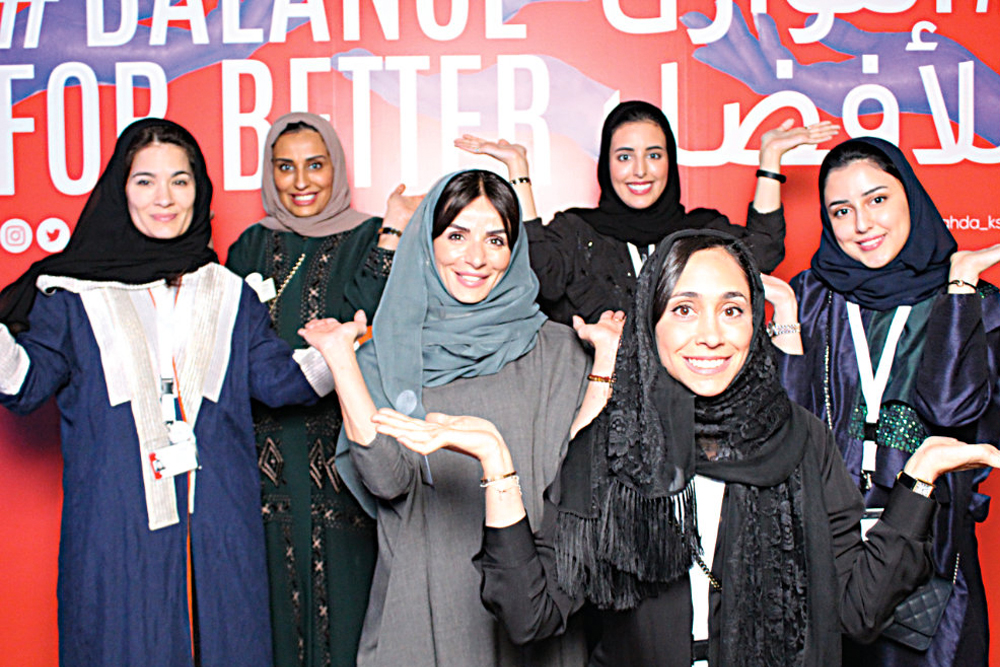
The Alnahda Philanthropic Society for Women was established almost 60 years ago in Saudi Arabia in a bid to encourage women to take up prominent roles within society which would lead to gender equality and equal opportunities. Founded in 1962, Alnahda means “the awakening,” and it was established to aid Saudi women both socially and economically. Last year in June, Alnahda was officially credited by the UN Economic and Social Council (ECOSOC).
The nonprofit organization for women has a goal to ensure that women are empowered enough to gain the skills they need to become leaders within their own right, without having to forsake any cultural sensibilities.
Leading the W20 Riyadh edition is a major achievement for Alnahda, but also one of many. It is one of the oldest charitable organizations in Saudi Arabia and was founded by Princess Sara Al Faisal along with a group of other women and the endorsement of Queen Effat who is greatly known for her contributions to women’s education within the Kingdom.
Muneera al Touq has been an Alnahda board member since 2014, and spoke to Arab News about the organization’s beginnings, stating, “Alnahda’s founders started with general charity work in their community, but there was a big focus on working in the field of women’s illiteracy and fulfilling beneficiaries’ basic needs in terms of food, shelter, and clothing.” She continued, “This was in the early 1960s and, as Alnahda grew, its knowledge of these needs became clearer, helping to navigate through them. As the Kingdom developed, so did women’s needs.”
Al Touq also explained why she wanted to join the organization, “I saw the people who ran it, the people who founded it. It was always something that was different and pioneering. They were always ahead of their time. They think of everything before it happens. And the quality of their programs, the quality of work, is truly of a high standard.” Concluding, “How we do that has a lot to do with what’s happening around us. And we’ve seen so many positive changes and advances for women in the Kingdom that have accelerated our work very quickly, and we will continue to keep up with that and develop programs to support them and head into the future where I think there are no limits.”

















